DNA inquiry: Police join review of criminal cases compromised by dodgy DNA tests
Five specialist officers will help review 30,000 crimes impacted by botched forensic testing.
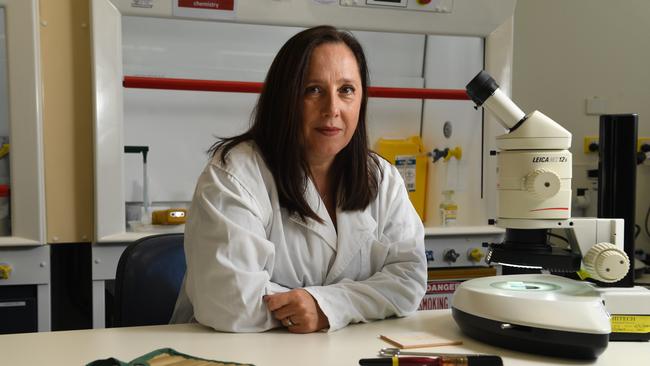
A crack team of specialist police embedded inside Queensland’s DNA laboratory is set to be expanded as a historic review begins into 30,000 major crimes impacted by botched forensic testing.
Queensland Police confirmed five officers have already been assigned to the forensic lab to “assist with case management, including case prioritisation, and to ensure scientists have access to all necessary case information to maximise testing effectiveness”.
“These officers have commenced reviewing historical unsolved cases including prioritising matters that require retesting,” a police spokesman said.
The health department’s lab mishandled evidence in rapes, murders and other serious crimes for more than a decade because of catastrophic flaws in testing procedures.
A retrospective review to determine which samples should be re-examined – possibly leading to fresh charges, appeals and retrials – began this month and is expected to take at least two to three years.
The five officers have been embedded in the lab for a couple of months and The Australian understands extra police are expected to be added to the team soon.
Lawyers, police and scientists will review all 30,000 cases, but only those that hinge on DNA evidence will undergo new testing or analysis.
Cases where an accused had been acquitted could be retried under changes to Queensland’s double jeopardy laws that are expected to be introduced to state parliament later this year.
Forensic Services Queensland chief Linzi Wilson-Wilde has said cases currently before the courts had been prioritised ahead of historical reviews.
“We are doing everything in our power to ensure that the results will be achieved in a timely manner,” she said last month.
“This is not a quick fix, it is a journey and will take what I anticipate about two to three years.
“But after that time, we will have a high quality and a good casework system that provides an excellent service.”
The speed of the review will depend on how quickly Queensland Health is able to recruit 41 new scientists into the lab. As of last week, 17 new scientists had accepted job offers with eight having actually begun work in the lab.
Health Minister Shannon Fentiman said a dedicated team had been set up to run “multiple concurrent recruitment processes to recruit both scientists and the corporate/IT/other support necessary to support them”.
“This is a significant achievement for recruitment on this scale,” she said.
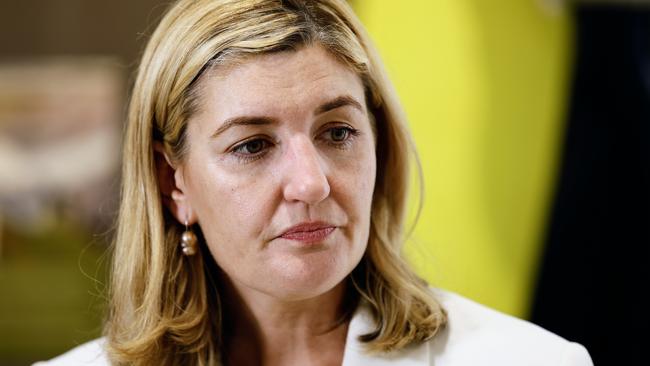
Scientists lured from interstate and overseas are eligible for a $20,000 cash bonus under Queensland Health’s new workforce attraction scheme.
Under the program, which began on July 1, workers who move to Queensland will receive $10,000 when they start and another $10,000 after 12 months.
Disgraced lab manager Cathie Allen was sacked in May following a damning $6m public inquiry, triggered by The Australian’s investigative podcast series Shandee’s Story.
Commissioner Walter Sofronoff was scathing of Ms Allen in his final report, finding she lied to the inquiry, police, the government and victims of crime.
Four other lab staff – including Ms Allen’s deputies Justin Howes and Paula Brisotto – also left Queensland Health following the inquiry.
Mr Sofronoff found Ms Allen and her deputies were behind an unusually high DNA testing threshold, introduced in 2018 that meant crucial evidence went undetected for years.
Samples from major crimes that fell below the high testing threshold were never tested even though partial and full profiles are able to be obtained from samples even with very low levels of DNA.
The testing threshold, first raised by The Australian, was just one of a series of “disturbing and troubling things” examined during the DNA inquiry.
Problems with bone testing and the “frequent failure” by Queensland police to take forensic samples from people charged with serious crimes for upload to the national DNA database were also raised.
Anyone who believes they were involved in a police investigation or a matter before a court that may have been affected by testing problems can contact the police’s DNA hotline on 1300 993 191.



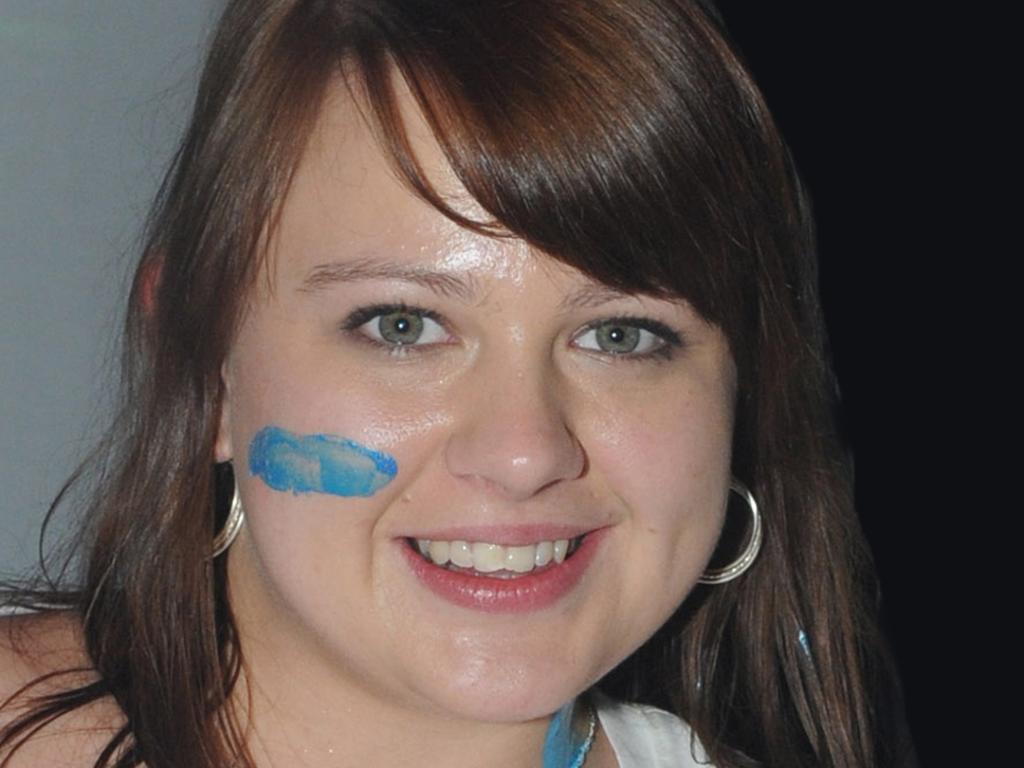
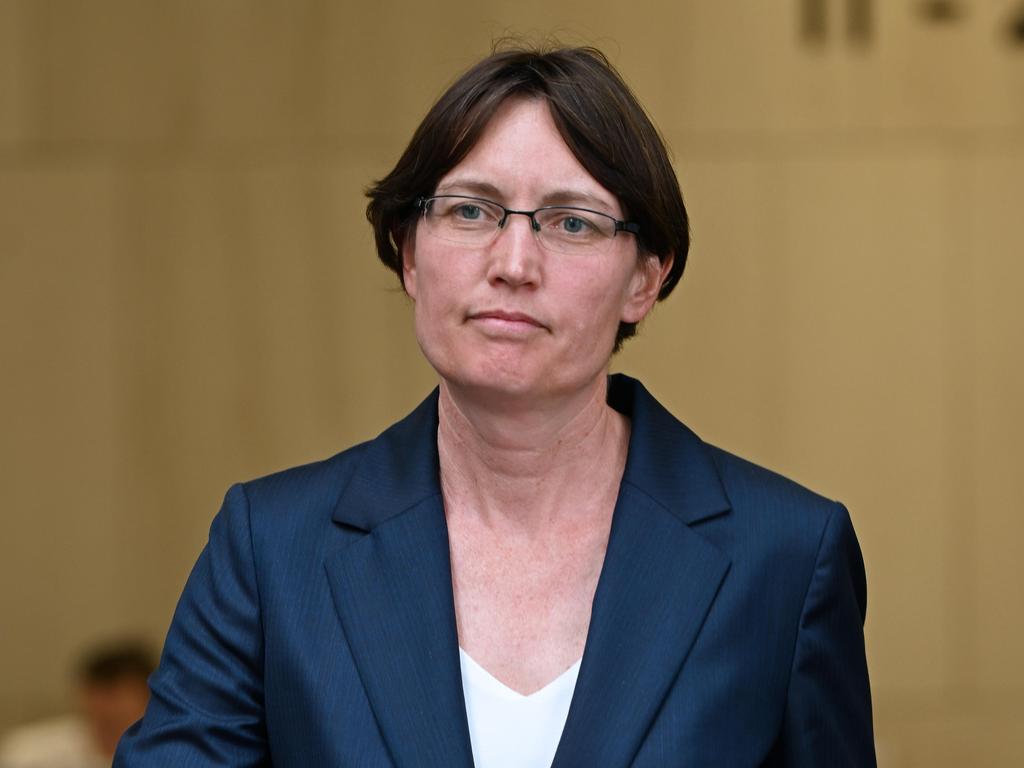
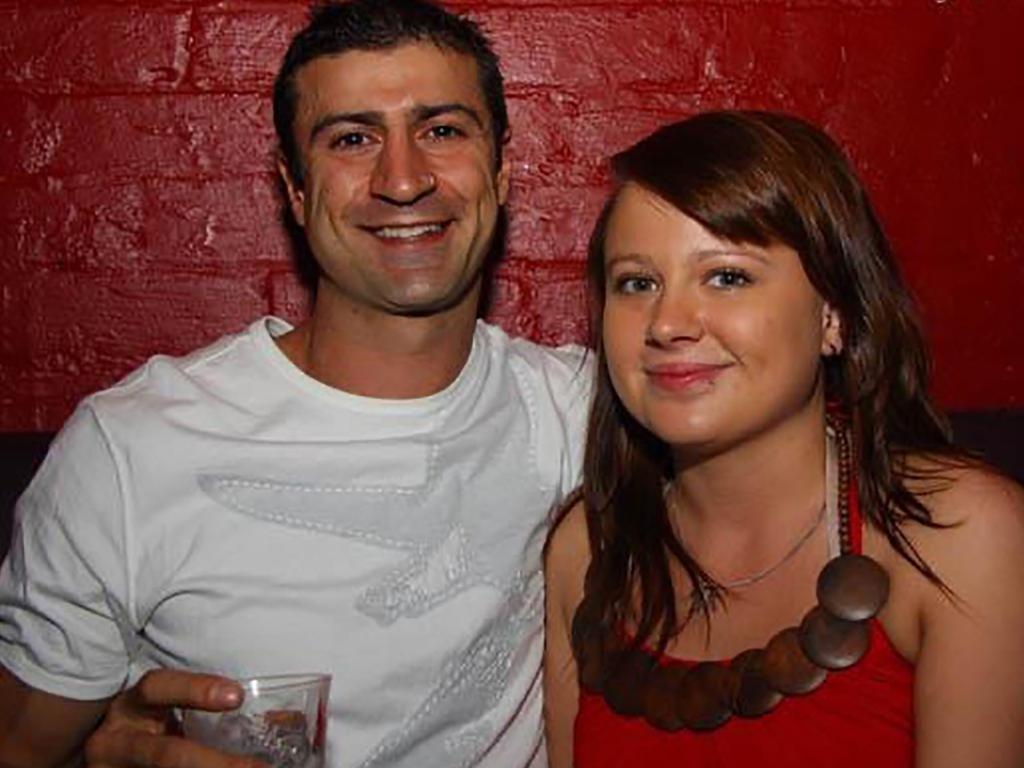


To join the conversation, please log in. Don't have an account? Register
Join the conversation, you are commenting as Logout